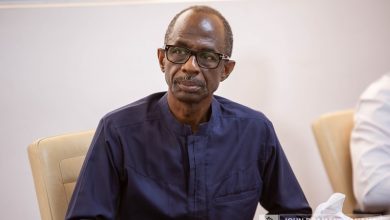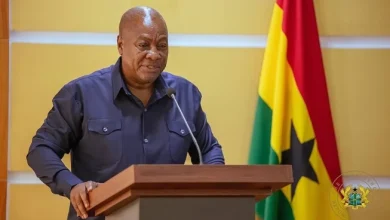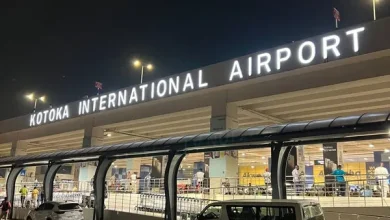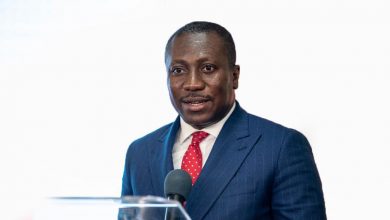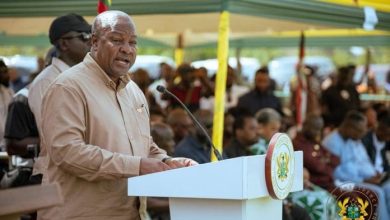NPP Manifesto Watch: Ensuring Food Security
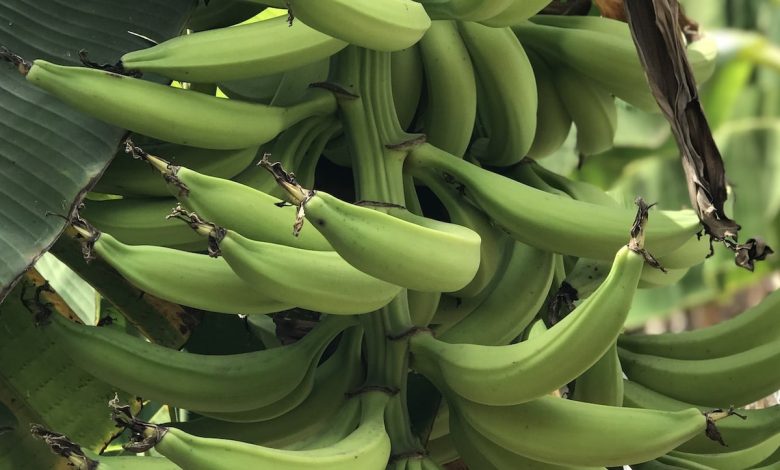
Ghana has the capacity to feed itself, and to produce and export food to countries within the Africa Continental Free Trade Area (AfCFTA). Our commitment is to turn this potential into a reality.
Currently, more than 90% of the food we consume are only produced during certain months of the year. No food security strategy will therefore be effective if there is inadequate investment in all-year round farming, and in post-harvest management, with the same sense of purpose and focus as has been with agricultural research.
Priority
Over the next four years, under a Bawumia presidency, priority and funding will be given to all aspects of the food production value chain, especially into production, processing, and post-harvest management of staple food, fish, poultry, and ruminants consumed in significant quantities by Ghanaians.
Among others, we will:
- Accelerate efforts at de-risking agricultural financing through the Ghana Incentive-Based Risk-Sharing System for Agricultural Lending (GIRSAL).
- Redirect Development Bank Ghana (DBG) to support entities engaged in the manufacturing of value-added agricultural products consumed in large quantities by Ghanaians, including the processing and packaging of basic agricultural foods.
- Upscale the production and preservation of staple foods, and meat, poultry and fish products using financing and guarantee schemes from DBG and GIRSAL.
- In collaboration with the private sector, create agricultural enclaves in each region, using the comparative advantage of the region. Each enclave will include storage and processing facilities for value addition.
- Strengthen local food networks and markets, to ensure seamless linkages between food baskets and markets, as well as equitable access to nutritious, culturally appropriate foods.
- Launch an Expanded Irrigation Programme which will include, rehabilitation and expansion of the Vea Irrigation project, implementation of the Pwalugu Irrigation Scheme and Bui Irrigation Scheme, completion of feasibility studies and detailed designs of the Kaanba, Makango and Afram Plains Irrigation Projects, and rehabilitation, modernisation and expansion of selected existing public irrigation schemes, including those undertaken through the One Village, One Dam (1V1D), initiative to increase the irrigation area, address competing land use challenges by clearly mapping out and zoning land for farming purposes (farmlands), and setting rules for reclamation of alternatively used land, such as for mining, to be used for farming.
- Build on the mechanisation centres established by the NPP administration to further create private sector- driven, state-of-the art mechanisation and service centres, as well as implement targeted credit schemes for dealers of mechanisation equipment to accelerate the uptake of mechanisation.
- Expand Ghana Commodity Exchange (GCX)’s role in the aggregation, purchasing, storage, warehousing and trading of basic food crops


